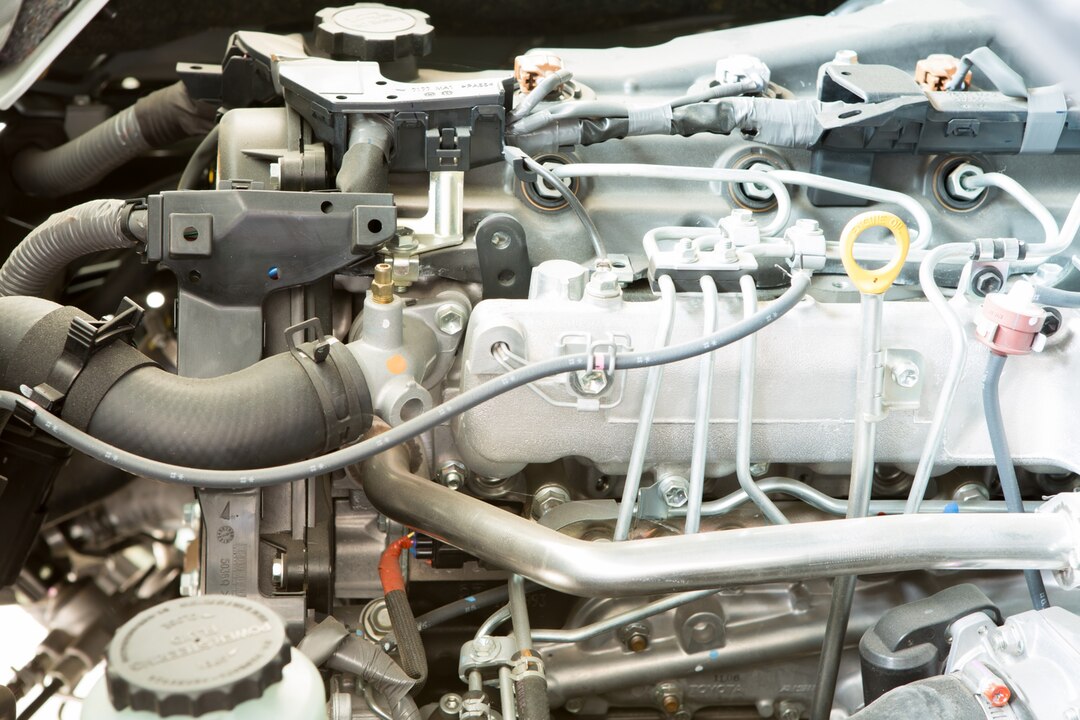The fuel injector is a vital component of your car’s fuel delivery system, responsible for spraying fuel into the engine’s combustion chamber for optimal performance. Over time, wear and tear can lead to the deterioration of fuel injectors, resulting in issues such as poor fuel economy, rough idling, and decreased engine performance. Recognizing the signs of failing fuel injectors is essential for maintaining the efficiency and reliability of your vehicle. In this article, we’ll explore 10 common signs that indicate your car fuel injector may need replacement.
1. Engine Misfires:
One of the most noticeable signs of failing fuel injectors is engine misfires, characterized by a rough or uneven idle, hesitation, or jerking sensation while driving. Misfires occur when fuel is not properly atomized or distributed into the combustion chamber, leading to incomplete combustion.
2. Decreased Engine Performance:
Failing fuel injectors can result in decreased engine performance, including reduced power, acceleration, and responsiveness. If your car feels sluggish or struggles to accelerate, it may be a sign of fuel injector issues affecting fuel delivery and combustion efficiency.
3. Poor Fuel Economy:
Fuel injectors that are clogged, leaking, or malfunctioning can cause a decrease in fuel efficiency, leading to increased fuel consumption and higher fuel costs. If you notice a significant drop in miles per gallon (MPG) or find yourself refueling more frequently than usual, it may indicate fuel injector problems.
4. Rough Idling or Stalling:
A malfunctioning fuel injector can disrupt the engine’s idle speed, causing rough idling, fluctuating RPMs, or stalling. If your engine struggles to maintain a steady idle or stalls frequently, it could be a sign of fuel injector issues affecting fuel delivery and air-fuel mixture.
5. Engine Hesitation or Surging:
Fuel injectors that are clogged or stuck open can cause engine hesitation or surging, especially during acceleration or sudden throttle changes. If your car hesitates or surges unexpectedly when accelerating or cruising, it may indicate fuel injector problems affecting fuel flow and engine performance.
6. Engine Knocking or Pinging:
Improper fuel delivery from failing fuel injectors can result in engine knocking or pinging, caused by premature combustion of fuel in the combustion chamber. If you hear unusual noises such as knocking or pinging from the engine, it’s essential to have the fuel system inspected for potential issues.
7. Black Smoke from Exhaust:
A rich air-fuel mixture caused by malfunctioning fuel injectors can result in black smoke emanating from the exhaust pipe during acceleration or under load. If you notice excessive black smoke or a strong smell of unburned fuel, it may indicate fuel injector problems affecting combustion efficiency.
8. Check Engine Light Illuminated:
The check engine light may illuminate on the dashboard if the onboard diagnostics system detects issues with the fuel system, including fuel injector failure. If the check engine light comes on, it’s crucial to have the vehicle scanned for trouble codes to pinpoint the source of the problem.
9. Fuel Odor Inside the Vehicle:
A strong smell of gasoline inside the vehicle, particularly near the engine or through the air vents, may indicate fuel leaks caused by faulty or damaged fuel injectors. Fuel leaks pose a significant safety hazard and should be addressed immediately to prevent fire risk.
10. Failed Emissions Test:
Failing fuel injectors can lead to increased emissions and may cause your vehicle to fail emissions testing. If your car fails an emissions test due to high levels of pollutants such as hydrocarbons (HC), carbon monoxide (CO), or nitrogen oxides (NOx), it may be a sign of fuel injector issues affecting combustion efficiency.
Recognizing the signs of failing fuel injectors is essential for maintaining the efficiency, performance, and safety of your vehicle. If you experience any of the symptoms mentioned above, it’s crucial to have your fuel system inspected by a qualified automotive technician to diagnose the problem accurately. By addressing fuel injector issues promptly, you can prevent costly repairs, avoid engine damage, and ensure the continued operation of your vehicle.











